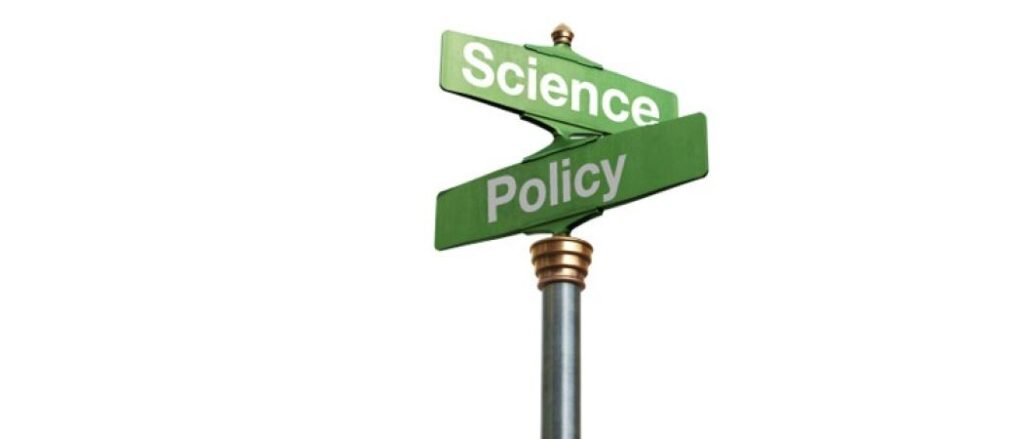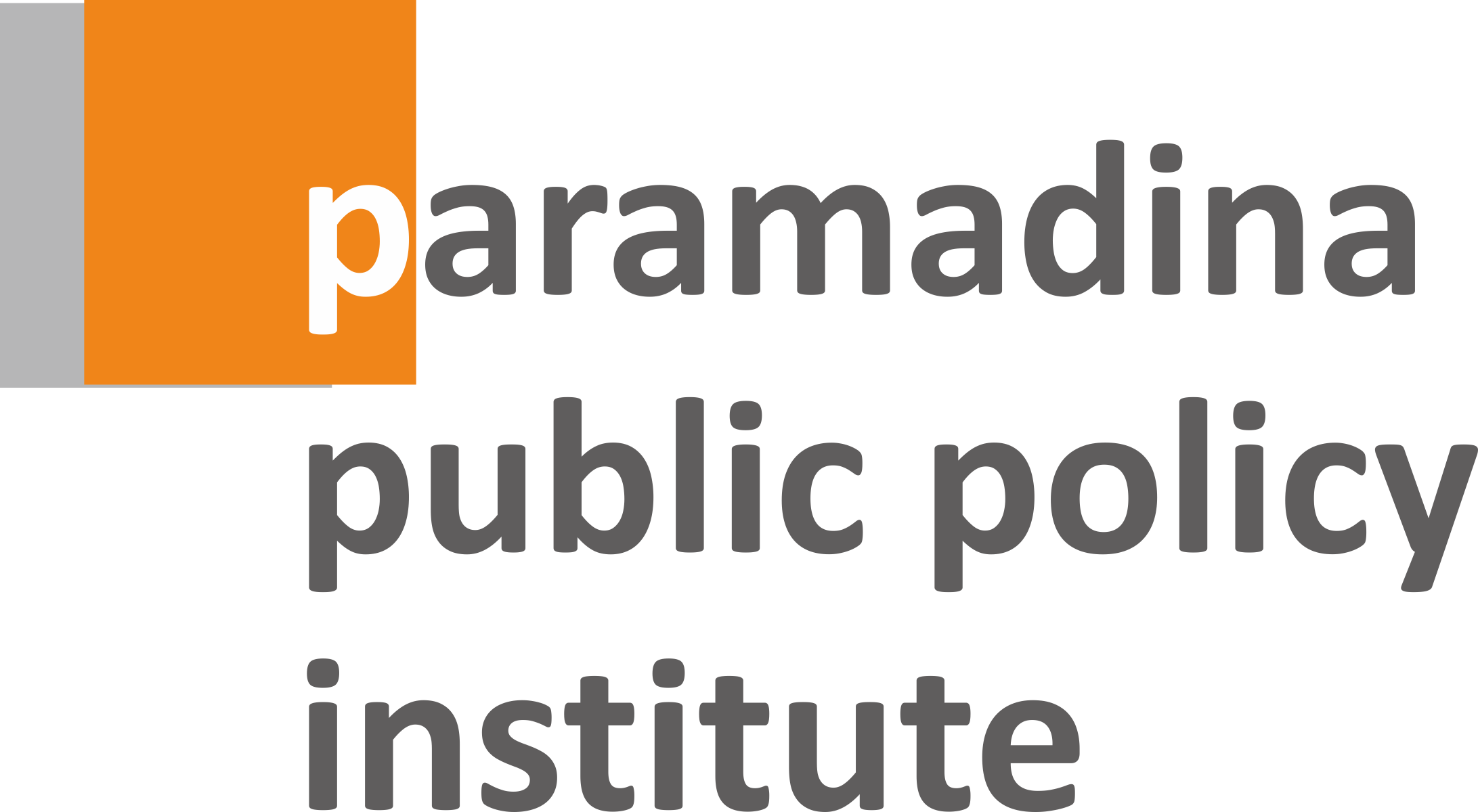
PPPI Blog, 2 May 2023
Scholars often cry for more science- or evidence-based policymaking, arguing that this approach will effectively solve most, if all, problems in the world. At the same time, however, it, to some extent, emphasizes the existence of an immense gap between science and policy.
What is this gap?
Coming from a practical politics and policymaking background, I identified this ‘imaginary’ gap more vividly while pursuing my current doctoral study at UCL STEaPP (Department of Science, Technology, Engineering, and Public Policy of University College London). Before undertaking this PhD, I regularly sat in this high-level government office in Indonesia for a few years.
As a staff member of the office, I witnessed how fast decision-making should be done, plus the endless flow of information from various fields. At one moment, info about education issues could come simultaneously with that of, say, fuel price increases. All went to the same table.
We relied on brief info rather than long analytical articles to keep up with flying time. Between analyzing info and helping make decisions, I often had to get this food ordering app ready on my phone and order some for the team and the bosses. Occasionally, I helped my bosses navigate their phones so that they could effectively navigate data, text, or info available there.
My team and I always struggled with getting the briefs of info ready. The endless flow of news was un-pause-able. So while enduring it, we had to relentlessly produce the briefs while trying hard to find the relevant evidence to support them. Plus, we often had to be ready 24/7 because real-world problems do not have weekends.
Then, I imagined having able and agile scholars surrounding us would have been better. For instance, they would have helped us a lot in prepping quality evidence while we navigated political technicalities around us. But such help was, in reality, minimal.
I found many were unapproachable. Sometimes it was too late at night for these experts, or it was the weekend for them. Or, it would take them some time to determine the best conclusions. Sometimes, they said the government was too corrupt, so why bother working together? Can you see the gap now? I hope so.
Why does this gap exist?
As discussed above, apparently, real-world policymaking and the real-world scholarly realm are inhabited by two peoples of distinct characters, including their needs and aspirations—at least, this is what I have seen during a few years of my study.
While politicians and policymakers are pressed to make fast decisions, scholars usually work in a well-paced and well-organized process that lasts relatively long. Look at how long scholarly articles get published. It can be in six months; it can be in three years. Briefs for policymaking, meanwhile, often need to be produced in a matter of a few hours, if not minutes.
In analogy, people in these two environments speak different ‘languages’. At least in my experience, in the practical world, speaking your mind is indeed necessary. But, you must understand that it should come at the right time and place. Meanwhile, in the scholarly world, you can speak your mind relatively often whenever and wherever you want.
Let me give you an example from my research topic: Indonesia’s fuel subsidy reforms. Many, if not all, scholars argue that reducing or even eliminating the wasteful subsidy is urgent. Evidence to support this argument is vivid, including how the fund exceeds spending in essential fields such as health and defense, including in Indonesia. Politicians and policymakers, however, calculate differently.
Long story short, the fuel subsidy has long been entrenched in the people’s deep-seated belief that it is their unreserved right. Phasing out the subsidy would stoke people’s passion and may drive them to take to the street—which sometimes go violently. Experts often miss these calculations. Meanwhile, for politicians, catering to people’s beliefs matters more, if not the most. Now, I hope, you know why such a gap exists.
So, how to navigate this gap?
Pushing these two camps to sit and make decisions together is not helpful. There is no need to close the gap. I believe scholars have to be still robust and meticulous. It is naturally necessary for them to be as careful and time-taking as possible to conclude. Same, though, with politicians and policymakers. They should keep being agile and able to make fast decisions based on brief but endless info given to them. What is needed is an imaginary bridge to bridge this imaginary gap.
On the one side, this bridge should be built or filled with scholars who want to go out of their way to be less rigid. These individuals must be willing to take some time to front their forbearance to mingle with politicians. They need to grasp the complex and fast world these decision-makers live in. They do not have to contact directly with the politicians (it can be painful) but with a group of well-scholarly-exposed people of practical politics, willing and able to speak with scholars—like me, from the other side of the bridge.
I believe, there are some scholars who can speak, think, and act politically, for good purposes, of course. There are also young politicians or practical politics people who can speak, think, and act scholarly, also for noble purposes. These people will build the bridge to allow a good flow of info from both worlds: science and policy. Of course, there is no guarantee that this will automatically produce good policies. However, I believe it generates more opportunities for science to influence policy which our world desperately needs.
To close this piece, it was a difficult decision to make for me to come to this academic world. But I believe this is what needs to be done. I honestly told my supervisor that I might not go into academia later. I am going back to politics and becoming someone that can seek and transform relevant scholarly advice into effective policymaking. (*)
Muhamad Rosyid Jazuli, PhD Candidate at the Department of Science, Technology, Engineering, and Public Policy of University College London (UCL STEaPP), affiliate researcher at PPPI.

